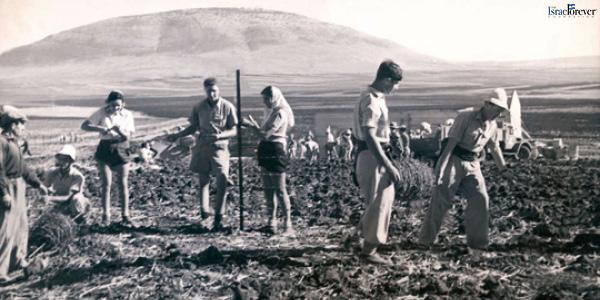Long before modern politics entered the conversation, Zionism was born out of something simple and ancient: longing and survival. For thousands of years, Jews ended every Passover and Yom Kippur with the same words: “Next year in Jerusalem.” It wasn’t a slogan – it was a prayer. A promise.
Those who believe that Israel is the Jews’ rightful homeland, a homeland from where the Jews were exiled so long ago. The Jewish presence in Israel persisted even after exile waves. Jews lived in Jerusalem, Tiberias, Hebron, and Safed – often in poverty, under foreign rule, but yet rooted. In the 16th century, new waves of Jews came from Yemen and North Africa. They settled in the holy cities, working on the land, studying, praying, and building.
But Zionism as a modern idea began to take shape in the late 19th century – not out of empire or conquest, but out of necessity. Jews across Eastern Europe were facing brutal pogroms, discrimination, and persecution. In 1881, after a wave of deadly attacks, a movement emerged: Jews seeking to return to the land from which their ancestors were exiled.
This became known as the First Aliyah – waves of Jews who left the only homes they’d ever known, from Russia, Romania, and beyond, because they realized they could no longer live under the constant threat of violence. They came not as conquerors, but as refugees, farmers, builders. Many didn’t survive the journey or the hardships, but they planted the seeds of a homeland.
That’s what Zionism is: not a government, but a means of survival. Not a political talking point, but a movement of people who had nowhere else to turn – and a deep belief that they deserve and have a right to the land from which their ancestors were expelled.
In these Days of Awe, as we look inward and take stock of our responsibilities, we can’t ignore the world outside. Antisemitism is again on the rise – in our feeds, on our streets, in our schools. And often, it hides behind a mask called “anti-Zionism.”
But when people say Jews have no right to a homeland – while defending everyone else’s – they’re not talking about policies. They’re talking about identity. And we have every right to exist. To feel safe. To come home.

